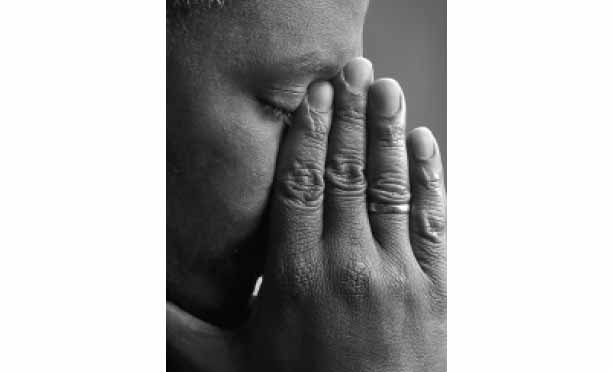DEALING WITH GRIEF
Every family at some point in their lives experience death. Reactions to death vary from individual to another with others having overwhelming responses. Grief is a natural expression to the loss of someone. Grief is encompassed by a wide range emotions that are influenced by cultural expectations and norms. As matter of fact, some tribes are expected to highly express themselves to demonstrate loss and not the case with others.
Following the loss, the individual’s first experience is often of denial, disbelief and shock. This can be preceded by sadness, anger, guilt and despair. The ultimate reaction is acceptance of the loss.
Normal grief fades with time, about six months to a year. In some instances, individuals may experience a different form which is termed complicated or pathologic grief. This is characterised by absent grief when individual is not demonstrating loss and delayed grief when symptoms are experienced a long time after the loss. There could also be distortion of normal grief symptoms whereby individual experience suicidal ideations or psychotic symptoms for example seeing images of the deceased in daytime.
Complicated and/or pathological grief is often experienced by individuals whom suffer loss suddenly under horrific circumstances, those dependent upon the deceased and those who believe are responsible for such a loss. It is important to acknowledge that it is not easy to deal with grief but the following can be helpful;
Catharsise feelings and express self Accept
feelings of sadness and the reality of the loss
The need to allow oneself to experience pain of loss
Have adequate sleeping time and plenty of rest
Exercise
Avoid destructive coping strategies like use of alcohol. Often when they clear off the body, feelings of sadness creeps in Grief therapy may be instituted if the normal grief process does not take course. Medication can also be used to treat symptoms and address sleeping problems when grief has taken a pathological form. As summed up by Shakespeare, “everyone can master a grief but he that has it.”




